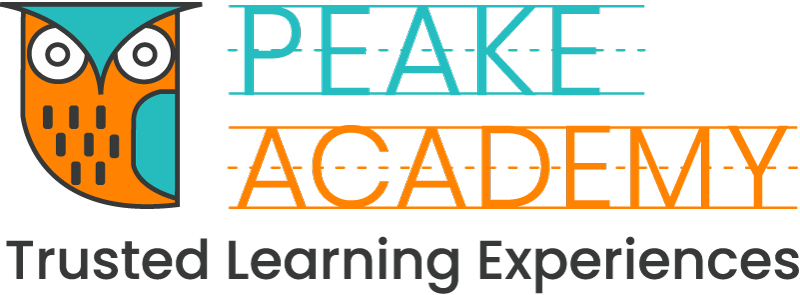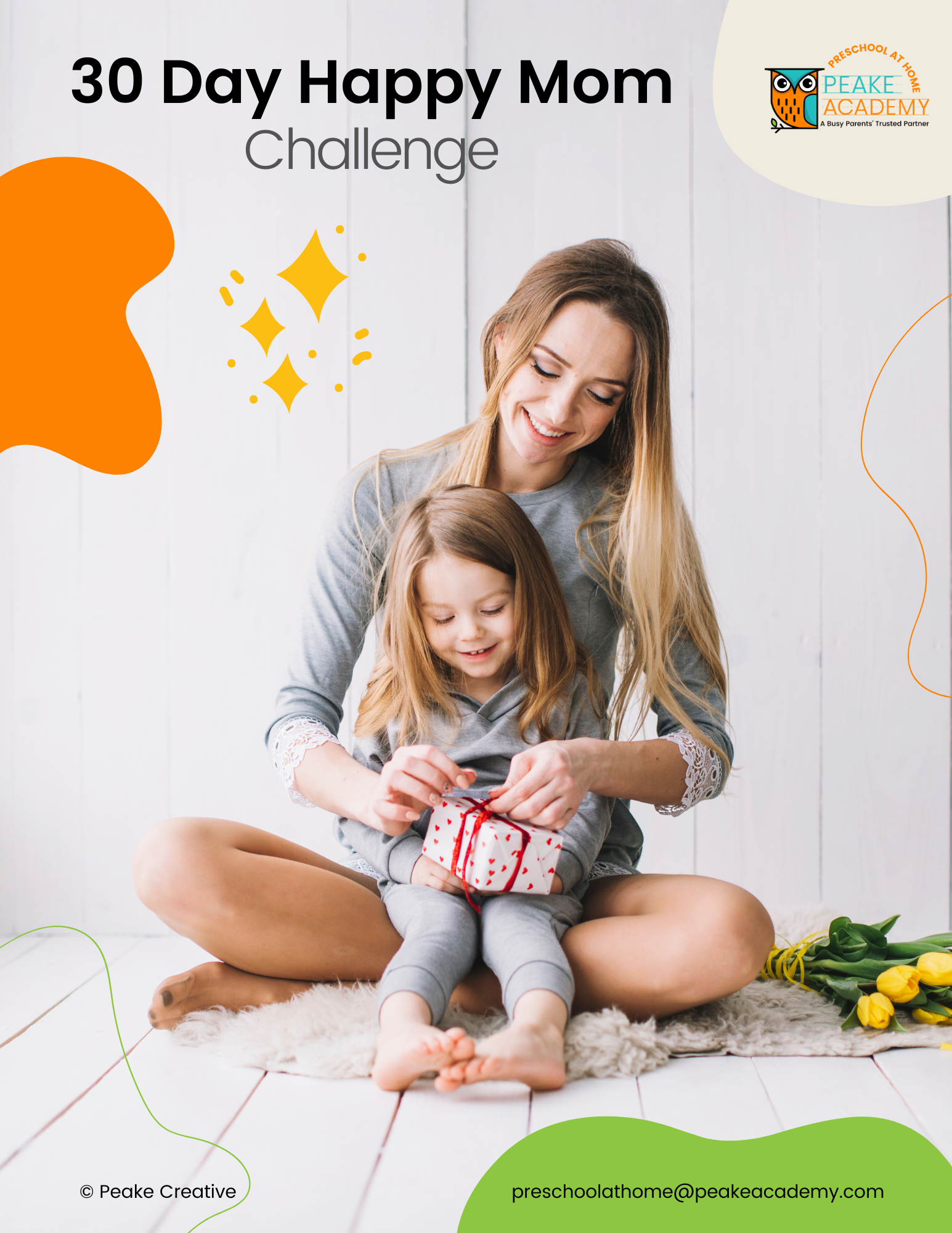The Power of Routine: 10 Ways It Benefits Both Kids and Parents
Routines: they're a game-changer for both kids and parents. As teachers, we've seen firsthand how crucial they are in children's lives. They bring structure, consistency, and a sense of security, making kids feel like superheroes conquering their daily tasks. For parents, routines are like a secret weapon against the whirlwind of family life, helping to keep the chaos in check.
But there's more to routine than just peace of mind: research shows that it can have significant positive effects on everything from kids' academic performance to parent-child relationships. In this article, we'll explore 10 ways that establishing a regular routine can benefit both kids and parents alike. From improved sleep quality to increased concentration at school, the power of routine is undeniable.
Reduced Stress
Routines help reduce stress by providing structure and predictability in a sometimes chaotic world. Knowing what to expect helps kids feel secure, reduces anxiety and makes them more likely to take risks and try new things.
Improved Academic Performance
Studies have found that having a regular bedtime routine is linked to higher academic achievement and better performance on standardized tests. The same holds true for other aspects of learning like studying for exams or completing homework assignments; having consistent routines helps children focus and concentrate better on the task at hand, resulting in better outcomes.
Increased Self-Esteem
Kids who stick to routines tend to develop greater self-confidence as they learn how to make decisions and take responsibility for their actions. Feeling a sense of agency in their day-to-day lives helps them grow as individuals, build resilience and become more independent.
Improved Social Skills
Routines help kids develop social skills by teaching them how to follow rules and interact with others. Establishing regular routines also gives kids an opportunity to practice communication skills through conversations about expectations and mutual respect.
Enhanced Physical Development
Having set bedtimes and wake times can lead to better quality sleep, which is critical for physical growth and development in children. Regular naps or quiet time during the day give kids a chance to rest, while activities like exercising or playing outdoors provide important physical activity that helps reduce stress levels and keep kids healthy.
Improved Mental Health
Establishing a routine gives kids a sense of place and purpose, which can have positive mental health benefits. Taking part in regular activities helps children develop self-awareness, allowing them to recognize their own strengths and weaknesses and learn how to cope with emotions in healthy ways.
Increased Bonding TIme
Spending time together as a family is an important part of any routine. Having set meal times or special nights out encourages quality bonding time between parents and children, fostering strong and trusting relationships that last for years to come.
Less Conflict
When routines are established, there’s less room for debate about day-to-day tasks or expectations. This can help reduce arguments and conflict, making family life more harmonious and enjoyable.
Better Organization
Having a routine helps kids stay organized by providing a framework for completing everyday tasks like cleaning their room or doing their schoolwork on time. It also encourages them to develop good habits that will stay with them into adulthood.
Improved Quality of Life
By setting up routines, parents can create an environment where the whole family is happier and healthier. Kids learn to appreciate the structure in their lives and families benefit from having more time together to relax and enjoy each other’s company – leading to improved overall quality of life for everyone involved.
Clearly, there are many benefits associated with establishing a routine for children. Not only does it provide structure and security, but it also helps kids become better organized and more independent – both of which are key skills they’ll need in life. Routines also promote family bonding, reduce stress levels, improve mental health, and lead to higher academic performance.
Free Resource
Thank you for reading this content. And if you loved this post, please be sure to join our Parent Advisor Facebook group where we share more insights and community.
Here’s a FREE Tip and Time Savers printable made by Peake Academy Preschool At Home. Download it for FREE!
Everyone deserves self-care
The same goes for busy moms like you. So let's do it together and create a healthy habit!
Join the 30-Day Happy Mom Challenge Today!
Visit our Parent Advisor and The Buzz Blogs to learn more about related topics and parenting tips. You are welcome to join our private Parent Advisor Facebook group. It’s a growing community of parents and preschool teachers where you can learn and share more parenting tips.













